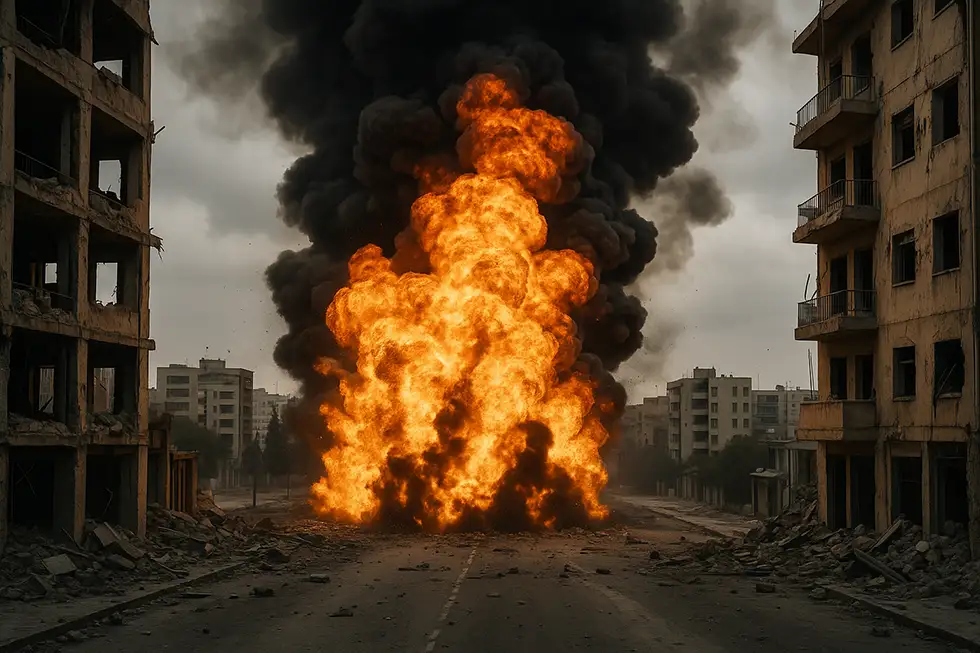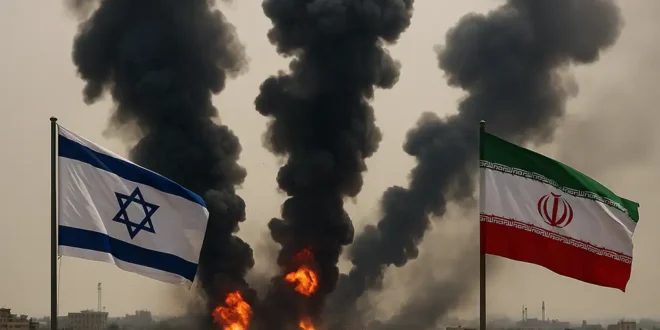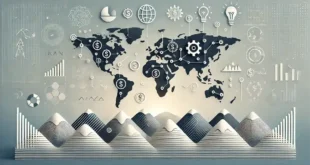In an unprecedented escalation in the Middle East, a full-scale military conflict between Iran and Israel officially erupted today, June 13, 2025. After years of rising tensions, proxy battles, and shadow wars, the long-feared direct confrontation has become a reality.
How the War Started
According to early reports, the hostilities began when multiple missiles were launched from Iranian territory toward key Israeli military installations and strategic locations. In immediate retaliation, the Israeli Defense Forces (IDF) launched airstrikes targeting Iranian Revolutionary Guard positions in western Iran, as well as suspected nuclear infrastructure near Natanz and Arak.
Though both sides have long prepared for the possibility of open war, today marks the first time direct attacks between the two nations have occurred on such a scale and in full public view.
Immediate Consequences
-
Civilian casualties are already being reported on both sides, though official numbers remain unconfirmed.
-
Major cities such as Tel Aviv, Haifa, Tehran, and Isfahan are reportedly on high alert, with air raid sirens sounding across multiple regions.
-
Oil prices spiked by over 8% within hours of the news breaking, raising concerns of a global economic ripple effect.
-
International airlines have suspended flights over Iranian and Israeli airspace, and major global powers have called for de-escalation.
Why Now?
This conflict didn’t begin in a vacuum. Tensions have intensified over the past year due to:
-
Ongoing clashes between Israel and Iranian-backed groups in Lebanon, Syria, and Gaza.
-
The assassination of a high-ranking Iranian general in April 2025, widely believed to have been carried out by Israeli intelligence.
-
Iran’s recent advances in its nuclear program, which Israel has repeatedly warned it would not tolerate.
Global Reactions
The international response was swift. Leaders around the world have called for restraint and a return to diplomacy, though few believe de-escalation is likely in the immediate term.
-
The United States, a key ally of Israel, has condemned the Iranian missile attacks and reaffirmed its commitment to Israel’s defense. The White House has reportedly convened an emergency national security meeting, and U.S. Navy assets in the Persian Gulf are now on high alert.
-
Russia has urged both sides to “exercise maximum restraint” and has offered to mediate between Tehran and Tel Aviv.
-
The European Union has called for an immediate ceasefire and expressed deep concern over the potential for a broader regional war.
-
China issued a more neutral statement, calling the situation “dangerous” and urging “dialogue through appropriate channels.”
Middle Eastern powers are also reacting with urgency. Saudi Arabia and the UAE, long wary of Iran’s regional ambitions, are reportedly reviewing their own defense postures, while Lebanon and Syria brace for potential spillover of the conflict. Hezbollah’s leadership in Lebanon has already issued statements of support for Iran, raising fears that Israel’s northern front may also ignite.
What Makes This Conflict Different?
Although Israel and Iran have engaged in covert warfare and cyber operations for over a decade, this marks the first open military conflict between the two nations. Unlike previous proxy confrontations in Gaza, Syria, or Lebanon, this war is direct and official, involving national forces, declared targets, and civilian populations on both sides.
The scope and intensity of the conflict are also unprecedented:
-
Cyber warfare operations have reportedly disabled parts of Iran’s electricity grid and disrupted Israeli military communication systems.
-
Drone swarms and advanced missile systems are being used by both sides, reflecting a new phase of technologically advanced warfare.
-
The possibility of escalation into a multi-front war is real, with non-state actors such as Hezbollah, Hamas, and Shiite militias in Iraq potentially joining the fray on Iran’s side.
Potential Scenarios Ahead
While it is impossible to predict the full course of the war at this early stage, analysts are already outlining several possible scenarios:

1. Short-Term High-Intensity War
A fast and intense exchange of military strikes that lasts days to weeks, possibly ending in an internationally brokered ceasefire. This scenario would likely involve heavy casualties and significant infrastructure damage.
2. Prolonged Regional Conflict
If regional players are drawn in—such as Hezbollah, Hamas, or even the Houthis in Yemen—the war could spread across borders, involving multiple countries and escalating into a much larger Middle Eastern conflict.
3. Nuclear Brinkmanship
With Israel possessing undeclared nuclear capabilities and Iran’s nuclear program under constant scrutiny, fears are growing that the conflict could bring the region closer to nuclear confrontation than ever before.
4. Collapse of Diplomatic Pathways
Even after the conflict, diplomacy may not easily resume. The war could upend ongoing efforts at normalization between Israel and Arab states, derail nuclear negotiations with Iran, and trigger new arms races in the region.
How Does This Affect the World?
The implications of this war extend far beyond the Middle East.
-
Global Oil Markets: Iran is a major player in the global energy market. Disruptions in the Persian Gulf or Strait of Hormuz could drastically reduce oil exports, sending prices surging and impacting global inflation.
-
Refugee Crisis: A prolonged conflict may trigger a new wave of refugees, particularly from western Iran or southern Lebanon, placing pressure on neighboring countries and Europe.
-
Terrorism and Retaliation: Iran has allies and networks across the region and even globally. Analysts warn that sleeper cells or proxy groups could retaliate against Western interests abroad if the conflict intensifies.
-
Cybersecurity Threats: Critical infrastructure around the world may come under threat from cyberattacks, especially if the conflict evolves into a hybrid war.
Final Thoughts
June 13, 2025, may be remembered as the day a simmering cold war turned into a blazing hot one in the Middle East. The Israel-Iran conflict is not just a war between two countries—it is a geopolitical earthquake whose aftershocks could be felt across the world.
Whether diplomacy, deterrence, or devastation prevails in the coming days will shape not only the future of the Middle East, but perhaps that of global peace and stability itself.
 Pumpkeen A Keen Way For Fun & Living
Pumpkeen A Keen Way For Fun & Living



